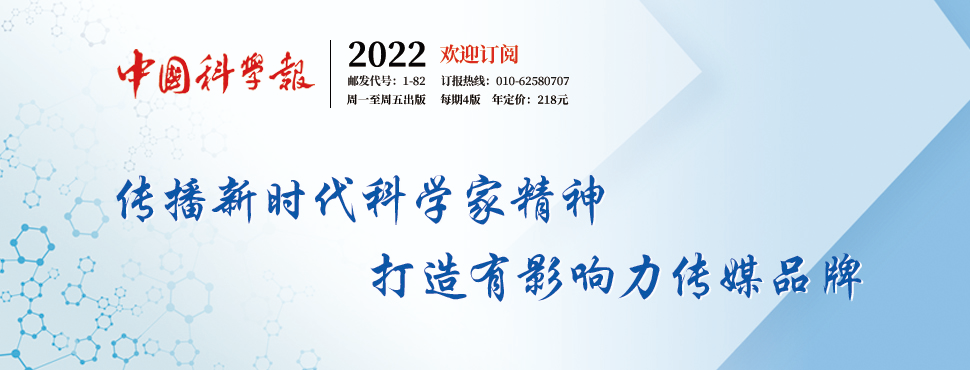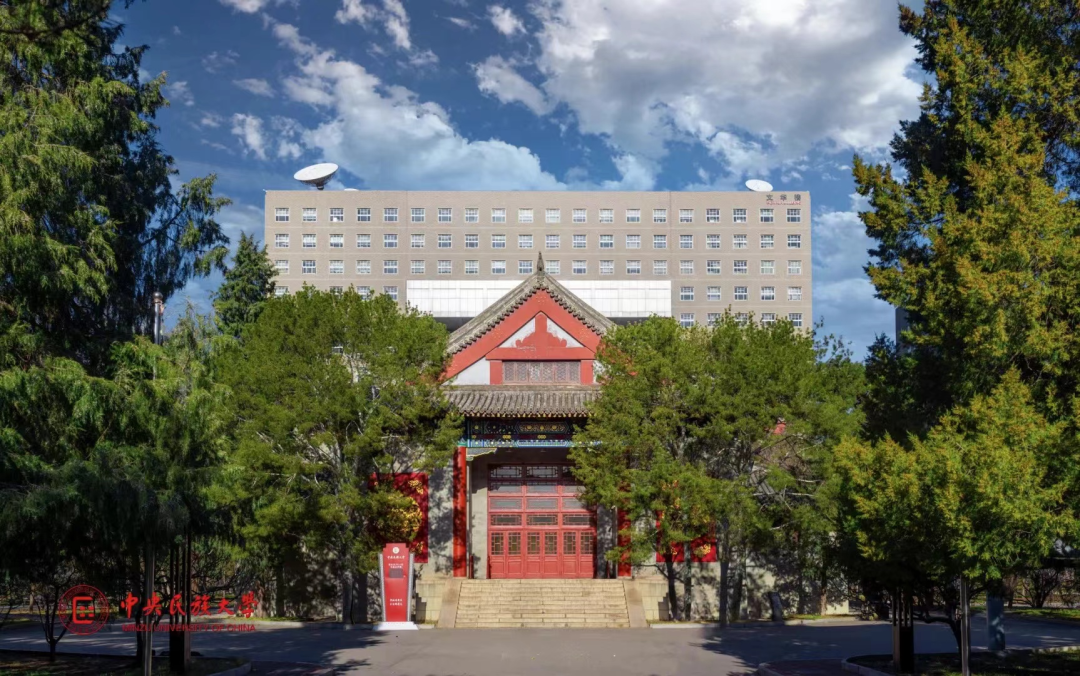Do you do these 4 points, and "green peppers" can be scientific and independent!Science invites 4 scientists to support
Author:Scientific network Time:2022.08.30
Compilation | Meng Lingxiao
Independence is one of the most contradictory concepts in scientific research.
Researchers know that there is almost no research that is completely independent. At the postgraduate and post -doctoral stage, we have worked for many years under the tutor's close guidance. Even for a long time, our best job stems from the team's team. In Newton's words, we are standing on the shoulders of the giant to see the world.
From the defense of the paper to the faculty application, the independence of scientific researchers has been continuously evaluated. However, when our attention is concentrated in completing the next experiment and the next paper, it is easy to ignore an important issue -how to achieve scientific research independence? With progress in scientific research, if you want to get faculty and become Pi, independence is becoming more important.
As a young scientific researcher, how to cultivate self -independence? As a mentor, how to cultivate students into academic talents that can be alone?
Recently, SCIENCE invited four scientists, Jay J. Van Bavel, associate professor of neurosciences in New York University Psychology and neuroscience, and Assistant Professor Neil A. Lewis, Jr. Professor of Psychology at the University of Toronto, Assistant Professor of Communication and Social Behavior. June Gruber, associate professor of neuroscience and associate professor of neuroscience at the University of Cunningham and the University of Colorado, to guide the "green peppers" while coordinating "green peppers", and cultivate scientific research independence.
Graduate stage: Cultivate independence consciousness
It is natural to work closely with the mentor in the early stage of career, because this is the stage of learning and development. But even in the graduate stage, you can start training the skills of independence and management laboratory.
One of the most common methods is to lead a research project and participate in the whole process from conceptualization to completion. Of course, this does not mean that you have to do all your work alone.
Given that in many scientific fields, one person is almost impossible to complete the entire project alone, and the publishing usually includes common authors. But if you are the first author of the paper, you will dominate most of the research, design, analysis, and writing, which will benefit you a lot.
You have to think about how to dominate some real original projects, not the previous work of repeated mentors.
It is true that it is wise to work on the basis of other scholars, because science benefits and expands. But what is more ideal is that you can do at least some novel research, and even write funds for your own project to apply for and get funding, which will allow you to learn more.
Next, if this job has a certain influence, you can conduct follow -up research after leaving the mentor's laboratory, which can help you become an emerging force in the field.
As a postgraduate and post -doctoral student, you can also develop leadership skills by guiding more elementary members in the laboratory.
Managers are not easy, and we have also experienced the process of recruiting, training and guiding teams. These skills and these relationships will eventually make it easier for you to transition to the role of the person in charge of the research team.
"Green Pepper" stage: Develop a unique research direction
After students became faculty, the independent standards changed again.
When applying for a lifelong teaching position, you should usually have a research route independent of the previous mentor. For many faculty members, this is a slow and linear development process.
Therefore, if the papers you published in the first few years are based on the data of reading and post -blogging period, and you don't need to worry about it.
In the example of the author Jay J. Van Bavel in this article, in the first two years of teaching, he published only two papers that were not written with the former mentor; but in the next three years, his independent publication was The original 4 times. At present, he is an associate professor of psychology and neuroscience in New York University.
In the end, you should consider ending your old project and laid the foundation for your own laboratory, which will involve writing fund applications and recruiting outstanding teams.
In the process, you should publish papers with students. Doing this can make the Lifetime Faculty Council convinced you that you can carry out effective academic guidance and manage your team independently, so as to give you a lifelong teaching position.
Tell students, let go
As a faculty, how to cultivate students as academic talents that can be able to take one side?
The hiring teachers are generally based on their research ability, but the key roles of most faculty members are managing laboratories and guiding students. These skills are very important, but they are rarely learned at the graduate stage.
We encourage teachers to seek formal training for students and project management at this stage (or earlier), and transfer your attention from personal results to students' growth.
In many fields, this means that your role must be changed from the first author to a communication author, while the latter needs to supervise and guide the entire project.
At this stage, you need to pay close attention to students' professional needs and skills, and understand that they need to cultivate their own independence so that they can thrive after leaving the laboratory.
How to teach your skills you learned at this stage? What can you do to support and motivate them to play the leading role of the project? How to create a laboratory atmosphere that strives to work together? These are the basic issues that teachers need to consider, and it is also the responsibility that needs to be assumed in her career.
At some point, teachers may even want to step back to invite students to design and lead new projects or funds. For some mentors who have a close relationship with students and successfully cooperate, "letting go" is often difficult to accept. However, try to put your needs aside so that students can thrive.
We need to create a successful environment for others so that we can retain talented team members and recruit next -generation laboratory members.
For students who make contributions, we must publicly give recognition and praise. Many teachers will mention students in academic conferences, or emphasize students' contributions when publishing new papers on social media.
This is very important, because students should be affirmed because of their contribution, which can also help them go further on their independence.
The laboratory is indoor and out and out of the laboratory.
In a healthy hospital, senior faculty members should be a supportive mentor for novices. Therefore, if you have problems in the management laboratory, you can ask them for help.
In the Department of Psychology and Neuroscience, the University of Colorado, the University of Colorado, at the University of Colorado, where the University of Colorado is located in this article, every faculty who before office is assigned a senior colleague as a mentor.
The senior mentor can provide a fair view and contact resources for professional development, help them solve challenging problems, and get support on the way forward. These guidance opportunities are very valuable and can provide insights and guidance for difficult and sensitive issues.
Of course, you can also seek suggestions and support from the previous mentors. We often discuss with the doctoral and postdoctoral discussions that we have brought before, giving them suggestions on how to overcome difficulties, or sharing resources such as laboratory manuals and curriculum materials.
A good relationship between teachers and students often continues outside the laboratory and runs through your career.
Reference materials:
https://www.science.org/content/article/how-foster-scientific-dependence-For-yoursel-your-Trainees
Edit | Fangyuan
Capture | Guo Gang
= PNG "Data-NickName =" Science Network "Data-Alias =" ScienceNet-Cas "Data-Signature =" In-circle major events, industry insights, occasionally gossip ... produced by the world's largest Chinese science community, Chinese Science News Agency.We: [email protected]; submitting [email protected]. "Data-from =" 0 "data-is_biz_ban =" 0 " /> Cooperation matters: [email protected]

Submission: [email protected]
Like this article?Praise + watch support!


- END -
@Mucers, the Democratic Summer Treasure is coming!

/g /gThe end of the period of full tension comes to an endSummer life is abou...
A neutral pen is priced at 55 yuan. Did you be stabbed by a "stationery assassin" in the new semester?
A hole pencil is priced at nearly 20 yuan, and the price of a Mifei Baozhu (water -based round bead pen) is priced at 50 yuan ... The new semester is about to begin. , But did not escape the statione